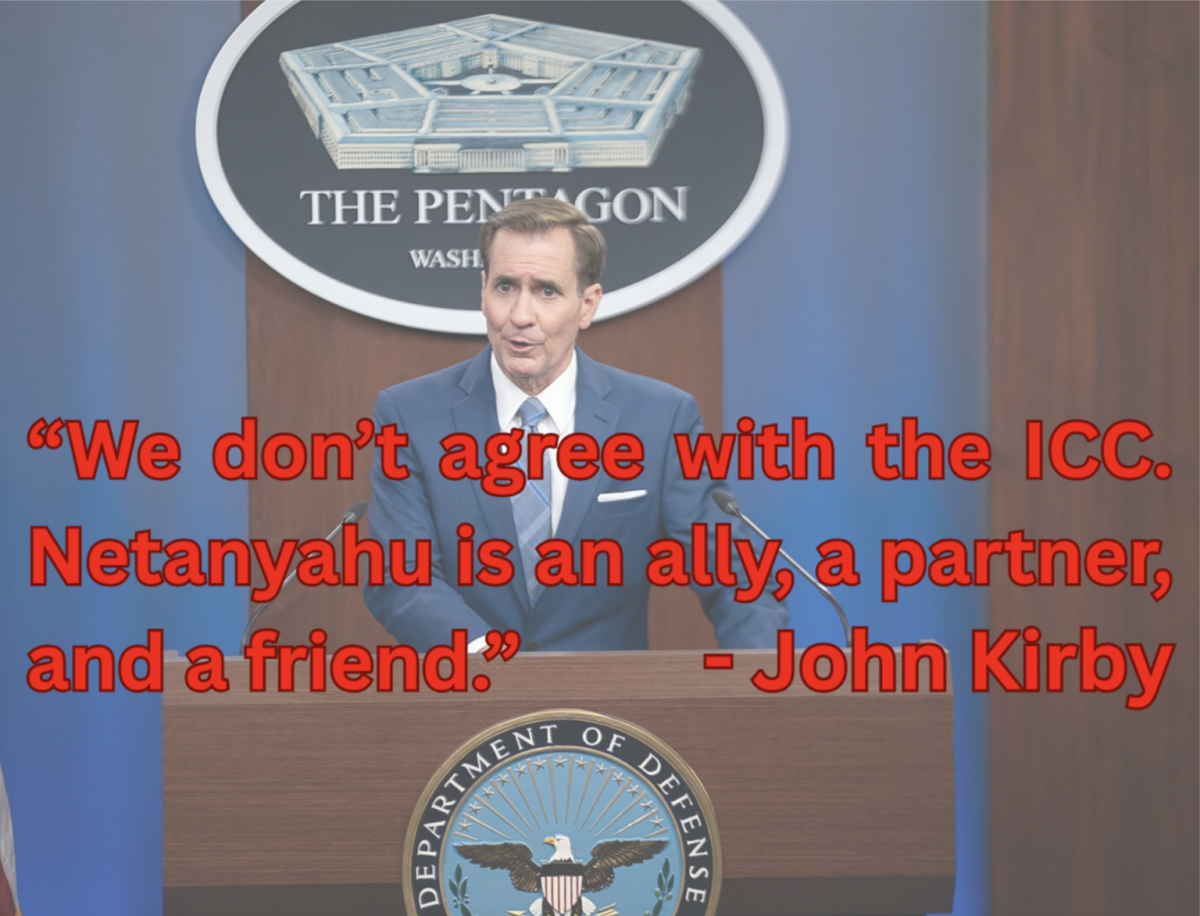As students and members of Beyond Prisons, a teaching and learning initiative that addresses the injustices caused by mass incarceration, we were shocked to learn last week that the University’s budget cuts would lead to the ending of our program. The Office of the Provost announced a 20 percent cut to the already slashed budget of the Center for the Study of Race, Politics, and Culture, abruptly ending the Beyond Prisons by the end of the quarter. Beyond Prisons, formerly the Human Rights Lab, is led by Alice Kim, a recipient of the 2025 Diversity Leadership Award and 2025 Leader for a New Chicago Award. The program explores the social injustices of mass incarceration through courses taught in Illinois prisons that enroll both incarcerated and undergraduate students; a justice-centered internship program; public events; and partnerships that bring those inside and outside prison walls into shared dialogue, becoming a model for what a university–community partnership could look like.
These cuts are not merely budgetary decisions; they are political choices. They reflect a larger pattern of cooperation with the federal government’s backlash against inclusion. Institutions of higher education are no longer pretending to care about diversity, equity, and inclusion (DEI)—they are now incentivized to abandon those values. Programs like Beyond Prisons embodied DEI at its most tangible by expanding who has access to learning. What administrators frame as fiscal restraint functions instead as a quiet endorsement of growing political repression—a shift away from programs that build solidarity and toward ones that protect the institutional status quo and, above all, profits.
Beyond Prisons facilitated a spring 2024 course, titled Research, Writing, and Mass Incarceration, at Stateville Correctional Center, which was closed down shortly thereafter. The course brought together 10 College students and 10 incarcerated scholars for a quarter of learning, dialogue, and connection at Stateville—creating a completely unique and powerful experiential learning opportunity for everyone involved. One UChicago undergraduate said of the class, “This course is incomparable to other courses I have taken. I learned more this quarter from my classmates than ever before.” An incarcerated student at Stateville shared, “I’ve never experienced such a[n] emotional undertaking. I know that the future is in good hands. This course has challenged me like no other.”

The three of us, as either students or TAs in the class, shared invaluable experiences and built deep inside–outside relationships that spanned across the prison walls. As individuals, this work has been so meaningful to our scholarship, our career trajectories, and how we choose to live our everyday lives—in committed solidarity with our inside–outside community. Another member of the Beyond Prisons community is Jimmy Soto, Illinois’s longest serving exoneree, who first connected with Beyond Prisons while incarcerated at Stateville. After his release, Jimmy went on to become a Beyond Prisons justice practitioner fellow. He told us, “As a justice-impacted person, [Beyond Prisons] has offered me a safe space for community both in prison and in the free world to discuss issues surrounding the carceral system.”
Through an archive of writings by over 100 incarcerated scholars, seven art exhibitions, six experiential courses, and more than 100 community events reaching 5,000 participants, Beyond Prisons has been a hub for original scholarship since its inception. Without support, prisons repress the voices of those inside. To make this knowledge public requires navigating opaque bureaucracies, supporting grassroots campaigns, visiting prisons, and facilitating connections with outside publishers. Not only have Beyond Prisons’ inside scholars benefited from the institutional support which makes this process possible, but the greater community has benefited as well.
Beyond Prisons created a world linking inside and outside students. The University has abruptly severed access to this world—and in doing so, announced its disinvestment in our mutual development. As one outside student wrote, “[T]his class is immensely rewarding—learning about the injustices is already an act in defiance of the unjust system. The act of resistance itself is rewarding. Even when the feelings are negative[,] I still feel like I became a better (and fuller) human as I learn more about the (ugly) truths of our society.” After the recent suspension of the Bridge writing program, Beyond Prisons stood among the University’s last initiatives disrupting the culture of mass incarceration through humane, community-based teaching and learning. The work it achieved was unprecedented, and its defunding signals clear political intent: to silence a program that fostered community-engaged education and gave platform to those behind prison walls.
Taji Chesimet is the current Program Coordinator for Beyond Prisons. He graduated from the College with a B.A. in race, diaspora, and indigeneity in 2024. He has worked with Beyond Prisons since his second year.
Harley Pomper is a former mixed-enrollment student and is a current Ph.D. student at the Crown Family School of Social Work, Policy, and Practice. They are a former organizer with the Bridge writers program.
Neomi Rao is a Beyond Prisons graduate fellow and residential fellow with the Center for the Study of Race, Politics, and Culture and has taught in Illinois prisons since 2023. They are also a current Ph.D. candidate in the Department of Political Science.
Editor’s Note: The figures cited in the article regarding the number of incarcerated scholars, art exhibitions, experiential courses, community events, and participants are based on the authors’ estimates derived from stored writings.
















JJ / Oct 28, 2025 at 8:34 pm
The authors frame every budget decision as an “act of repression,” as though fiscal discipline were fascism. The prose drips with self-canonization: they are “building solidarity,” “expanding access,” “disrupting mass incarceration.” In truth, they are demanding permanent welfare for their own moral performance.
No one disputes that carceral injustice exists. What is objectionable is this attempt to elevate a niche activist seminar into a sacred institution.
IK / Nov 23, 2025 at 10:54 am
A core university mission is to educate. I do not see how providing education to those who otherwise would not receive it is “performance.”
Furthermore, who can determine the “sacred”? In my view, the individuals that comprise the University of Chicago are no more sacred than those who are incarcerated. If we truly value the principles of critical thinking and socratic method, we would engage with those holding different opinions, including people on the margins of society.